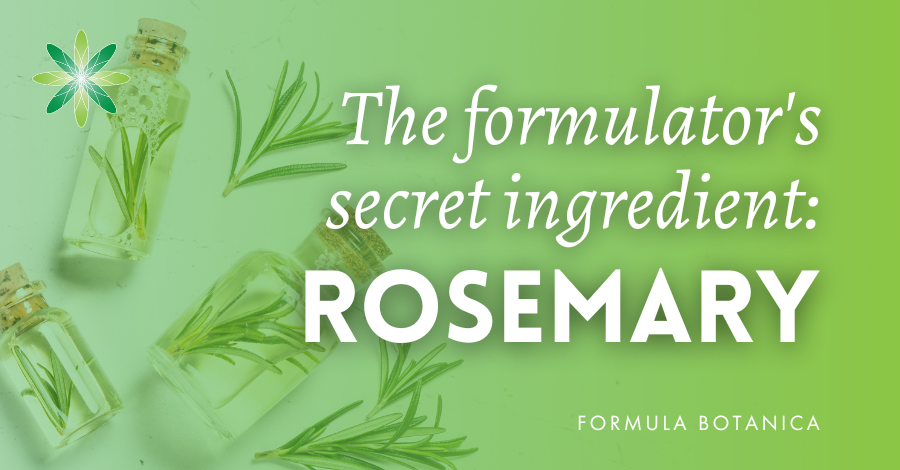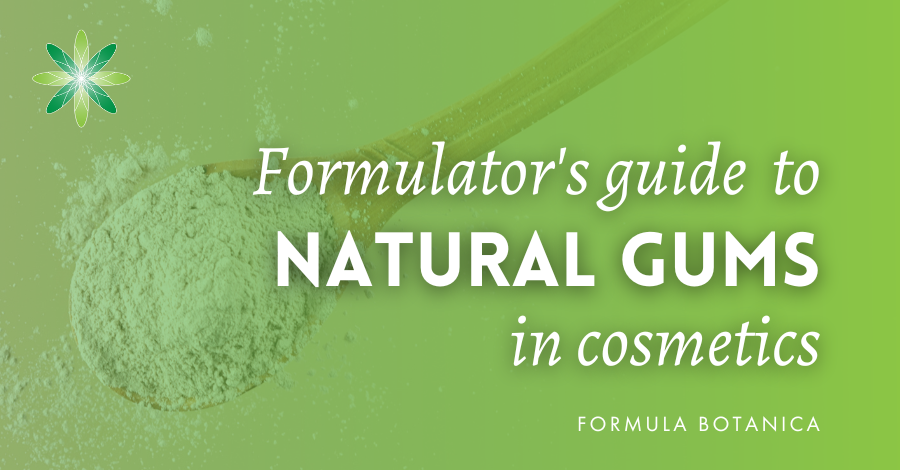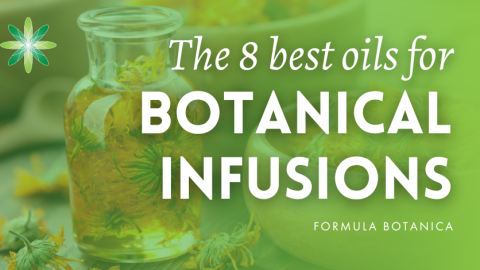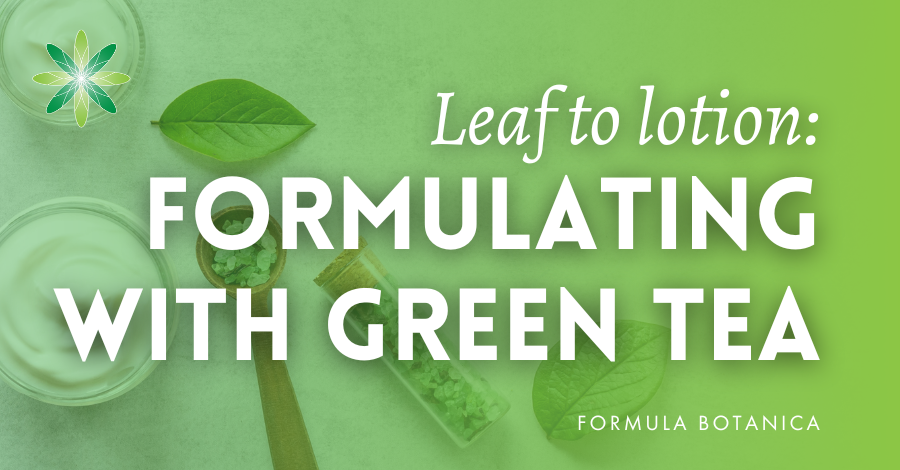Out of all cosmetic ingredients available to you as a natural and organic skincare formulator, preservatives and emulsifiers are probably the least exciting ones. Let’s be fair, it’s easier to get excited by all the wonderful cold pressed plant oils, or botanical extracts, or fragrant hydrosols. Preservatives and emulsifiers are, however, so important that whenever something goes wrong with your formulation that they are the first two on the ‘to-be-checked’ list.
Product preservation has always been a challenge to the formulation chemist, but it is even more important and fundamental in natural and organic skincare products. The more natural ingredients we apply, the more “yummy food” we offer to micro-organisms.
So here are our 5 reasons why your natural formulations should be preserved:
1. Natural products are more susceptible to microbial growth.
Your precious natural product, unless it is totally waterless (in case of oil blends, butters or balms), is the best medium for hundreds of micro-organisms to survive and to grow in. All of the following provide excellent food and growth conditions for bacteria, yeast and mould:
- High water content
- Hydrosols, plant extracts and dried plants
- Clays
- Natural gums
- An ambient temperature of storage and application
- Ambient humidity (especially when the product is kept in the warm and humid bathroom)
- A pH between 4,5-6,5
No matter how clean you work, no matter how hygienic your production and filling conditions are, no matter whether you disinfect all your jars and bottles before filling, and boil the water, micro-organisms would laugh at us at the end unless YOU DO something to get rid of them and to make sure that they would not enter the product during the whole shelf-life and under usual storage and application by the consumer.
2. The consumer is a major source of contamination.
Even if you could produce and fill your cosmetics under sterile conditions (which you obviously cannot), as soon as the consumer opens a jar or a bottle, the product is susceptible to contamination. You probably don’t want to imagine your customers as a huge breeding ground for microorganisms, but that’s unfortunately what we all are.
3. Preservatives protect your skincare product’s integrity.
Certainly it would be a nightmare to you, after years of trial and research to create an ideal and amazing formulation which contains the finest natural ingredients in it, only to find that microorganisms have the following effect:
- Phase separation
- Changes of viscosity (suspended particles might settle down or float over the surface for example)
- Change of colour
- Turbidity of transparent products
- Change of scent
All of these scenarios can be caused by unwanted and uninvited microorganisms in your product.
4. Preservatives protect your customer.
People who buy natural and organic cosmetics are often people suffering with chronic skin problems such as eczema or acne. These people have often been disappointed by both physicians and mainstream products (both cosmetics and pharmaceuticals). Other natural and organic product consumers are often those people who decide to follow a healthier lifestyle, both in nutrition and skin care, sometimes after they’ve experienced a health scare.
This consumer does not necessarily always have healthy, intact skin and a strong immune system. As an organic cosmetic formulator, you want to change people’s life and lifestyle to a better, more comfortable situation. You therefore don’t want to give microorganisms any opportunity to harm your customer. Insufficiently preserved cosmetics can cause severe infections (and even death!) in people with a weak immune system such as children, people with injuries, diabetics, or people who are undergoing certain treatment or therapies such as chemotherapy or radiotherapy.
You can’t take risks with your customer’s health and wellbeing.
5. Preservatives protect and grow your business by demonstrating your knowledge and competence.
As a small-volume manufacturer you have the opportunity to communicate directly with your customer via social media or newsletters. Demonstrating your knowledge and competence about the ingredients you apply will distinguish you from hundreds of other suppliers who don’t do that.
Don’t feel bad about using preservatives in your products. Announce with pride that you’re preserving your products because you use many precious natural ingredients in your skincare, which are susceptible to contamination and that you want to protect both the product and the consumer by applying a preservative.
Explain the preservative system you’re applying to your customer and explain why you apply it. Emphasise that the (possible) harm of any preservative is much less than the risk of a contamination. Demonstrate your knowledge and competence to convince the customer about the efficacy and safety of your product.
Read our other articles on natural preservation:
- 16 Point Checklist: How to choose a Natural Preservative for your Skincare Formulations
- Are you buying contaminated hydrosols?
- What can go wrong if you don’t control your formulation’s pH?
- Can your cosmetics kill you?
- When even phenoxyethanol fails: The Liz Earle Re-Call
Want to learn more about natural cosmetic preservatives? Read: Everything you wanted to know about natural preservatives.
If you want to become a confident organic skincare formulator and understand how to naturally and correctly preserve your products, enrol for our Certificate in Natural Cosmetic Preservation.
FREE TRAINING
Learn how to become an
Organic Skincare Formulator
FREE TRAINING
How to become an
Organic Skincare Entrepreneur
FREE TRAINING
How to become an
Organic Skincare Entrepreneur
Leave us a comment

Dr. Elham Eghbali was Formula Botanica’s Cosmetic Chemist between 2014 and 2018. She has over 20 years’ industry experience and is based in Bavaria, Germany. To read more about Formula Botanica’s team, visit our staff page.



























